Uncategorized
-
 Quantum Physics
Quantum PhysicsKey Einstein principle survives quantum test
Particles in quantum superposition adhere to the equivalence principle in atomic test.
-
 Planetary Science
Planetary ScienceCassini’s ring dive offers first close-up of Saturn’s cloud tops
Cassini has completed its first dive between Saturn and its rings. Along the way, it snapped stunning pics of the planet’s atmosphere.
-
 Genetics
GeneticsAncient DNA bucks tale of how the horse was tamed
DNA from ancient horses reveals early domestication involved plenty of stallions.
-
 Health & Medicine
Health & MedicineZika hides out in body’s hard-to-reach spots
Zika virus sticks around in the central nervous system and lymph nodes of monkeys.
-
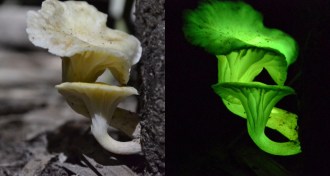 Life
LifeHow a mushroom gets its glow
For the first time, biologists have pinpointed the compound that lights up in fungal bioluminescence.
By Susan Milius -
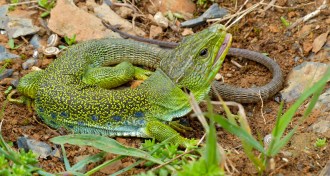 Animals
AnimalsThe scales of the ocellated lizard are surprisingly coordinated
The mazelike patterns of the ocellated lizard’s skin follow a set of rules from computer science.
-
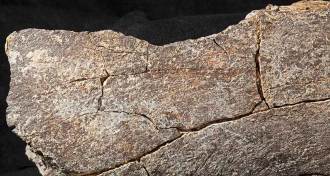 Archaeology
ArchaeologyFirst settlers reached Americas 130,000 years ago, study claims
Mastodon site suggests first Americans arrived unexpectedly early.
By Bruce Bower -
 Environment
Environment‘Fossil’ groundwater is not immune to modern-day pollution
Ancient groundwater that is thousands of years old is still susceptible to modern pollution, new research suggests.
-
 Health & Medicine
Health & MedicineFaux womb keeps preemie lambs alive
A device can keep premature lambs alive for a month in womblike conditions.
-
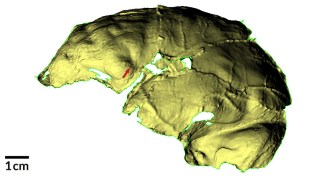 Humans
HumansHomo naledi’s brain shows humanlike features
South African Homo species had small but humanlike brain, scientists say.
By Bruce Bower -
 Archaeology
ArchaeologyOldest evidence of patterned silk loom found in China
Chinese finds offer earliest look at game-changing weaving machine.
By Bruce Bower -
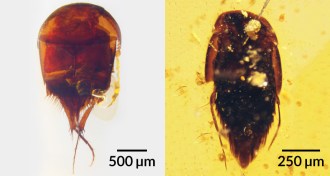 Animals
AnimalsBeetles have been mooching off insect colonies for millions of years
The behavior, called social parasitism, has been going on for about 100 million years.